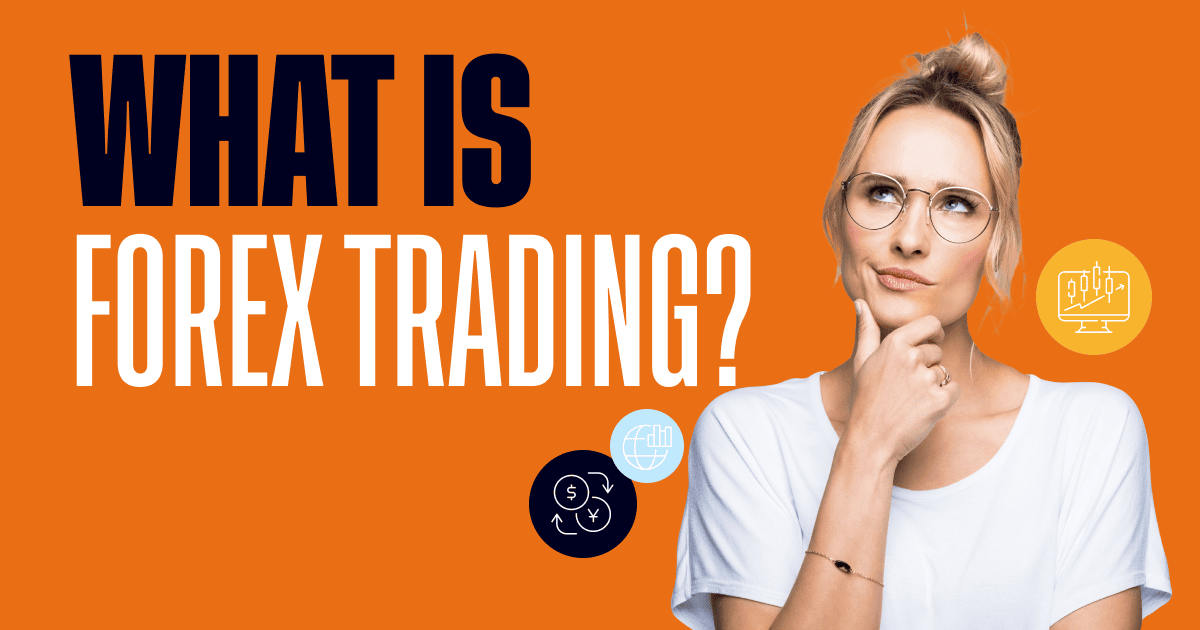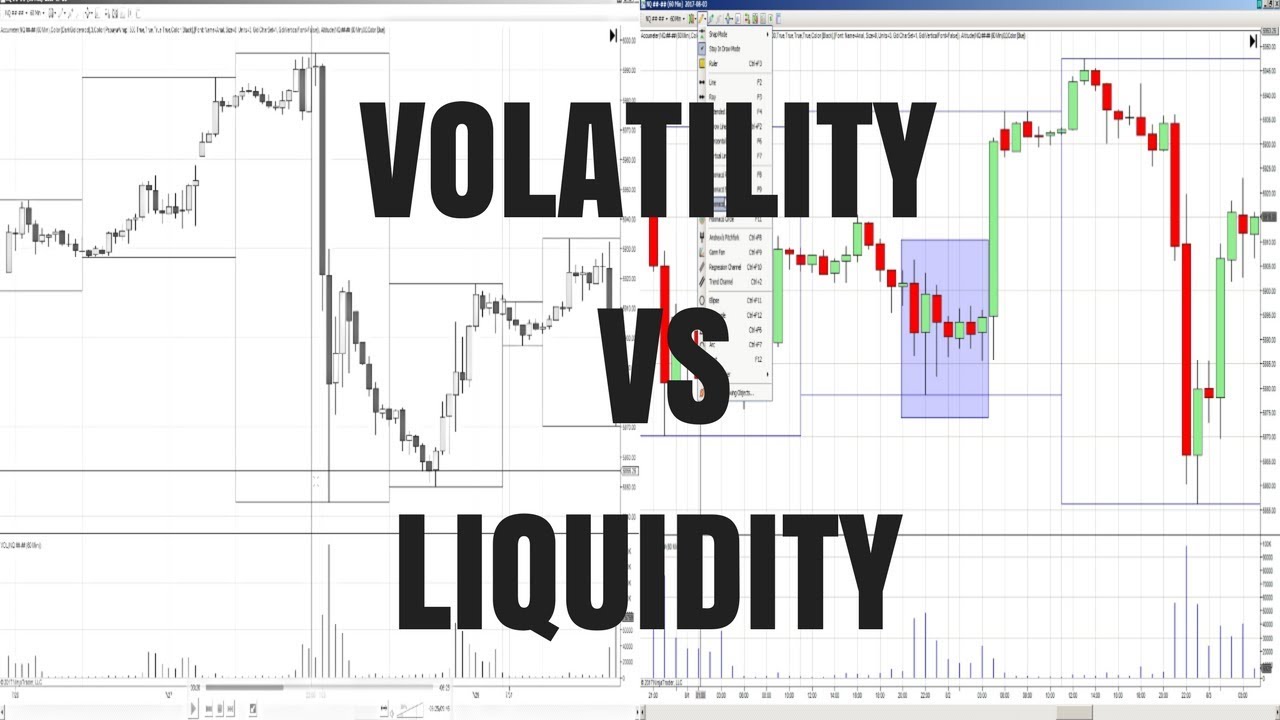How to Choose the Best Forex Broker for Beginners: A Complete Guide
Choosing the right Forex broker is crucial for beginners, as it can significantly impact your trading experience and success. With so many brokers available, it’s essential to consider several factors before making a decision. This guide will walk you through the key aspects to consider when selecting the best Forex broker for beginners.
1. Regulation and Safety
Why It Matters:
A regulated broker ensures that your funds are secure and that you are trading in a fair environment. Regulatory bodies enforce strict rules to protect traders from fraud and unethical practices.
What to Look For:
- Check if the broker is regulated by a reputable financial authority such as:
- US: Commodity Futures Trading Commission (CFTC), National Futures Association (NFA)
- UK: Financial Conduct Authority (FCA)
- Australia: Australian Securities and Investments Commission (ASIC)
- Europe: Cyprus Securities and Exchange Commission (CySEC)
- Asia: Securities Commission Malaysia (SC), Monetary Authority of Singapore (MAS)
- Avoid unregulated brokers, as they may not offer fund protection.
- Verify regulation details on the broker’s website and the regulator’s official site.
2. User-Friendly Trading Platform
Why It Matters:
As a beginner, you need an intuitive and easy-to-navigate platform to execute trades smoothly.
What to Look For:
- Popular platforms like MetaTrader 4 (MT4), MetaTrader 5 (MT5), cTrader, and TradingView.
- Brokers that offer a web-based platform with simple execution tools.
- A demo account to practice trading before using real money.
- A mobile trading app for trading on the go.
3. Low Trading Costs (Spreads & Commissions)
Why It Matters:
High fees can eat into your profits, especially if you are trading with a small capital.
What to Look For:
- Low spreads (difference between the bid and ask price). Spreads below 1 pip for major pairs like EUR/USD are ideal.
- Zero or low commission accounts for cost-effective trading.
- Transparent fee structure, including withdrawal and inactivity fees.
4. Deposit and Withdrawal Options
Why It Matters:
Fast and convenient payment methods ensure that you can fund your account and withdraw profits easily.
What to Look For:
- Brokers offering multiple deposit methods, such as:
- Bank transfers
- Credit/debit cards
- E-wallets (PayPal, Skrill, Neteller)
- Cryptocurrencies (Bitcoin, Ethereum)
- Fast withdrawals (processed within 24-48 hours).
- No hidden withdrawal fees.
5. Leverage and Margin Requirements
Why It Matters:
Leverage allows traders to control larger positions with a smaller amount of capital, but it also increases risk.
What to Look For:
- For beginners, a leverage of 1:10 or 1:20 is safer.
- Some brokers offer leverage up to 1:500, but this is risky for new traders.
- Ensure the broker offers negative balance protection, which prevents you from losing more than your deposit.
6. Account Types for Beginners
Why It Matters:
Different account types cater to different levels of experience. Beginners need an account with low minimum deposits and low risk.
What to Look For:
- Cent or Micro Accounts: Allows you to trade with as little as $1-$10.
- Standard Accounts: Offers normal trading conditions with a minimum deposit of around $100.
- Demo Account: Allows risk-free trading with virtual money.
7. Educational Resources and Customer Support
Why It Matters:
As a beginner, you’ll need guidance and learning materials to improve your skills.
What to Look For:
- Free educational resources, such as trading courses, webinars, and eBooks.
- Market analysis and trading signals to help with decision-making.
- 24/7 customer support via live chat, email, or phone.
- A broker with multi-language support, especially if English is not your first language.
8. Trading Instruments Available
Why It Matters:
A broker should offer a variety of trading instruments to allow you to diversify your portfolio.
What to Look For:
- Forex pairs (major, minor, exotic).
- Commodities (gold, oil, silver).
- Indices (S&P 500, NASDAQ, Dow Jones).
- Stocks and cryptocurrencies for additional trading opportunities.
9. Reputation and User Reviews
Why It Matters:
A broker’s reputation can tell you a lot about their reliability and trustworthiness.
What to Look For:
- Read customer reviews on platforms like Trustpilot and Forex Peace Army.
- Look out for complaints about withdrawal issues or poor customer service.
- Check how long the broker has been in business (longer history = more reliability).
Top Recommended Forex Brokers for Beginners (2025)
Here are some of the best Forex brokers suitable for beginners:
- Exness – Best for low spreads and fast withdrawals (www.exness.com)
- XM – Best for educational resources and beginner-friendly platform (www.xm.com)
- FBS – Offers cent accounts and high leverage (www.fbs.com)
- IC Markets – Best for low spreads and scalping (www.icmarkets.com)
- eToro – Best for social trading and copy trading (www.etoro.com)
Final Thoughts
Choosing the best Forex broker as a beginner is essential for a smooth trading experience. Prioritize regulation, low trading costs, an easy-to-use platform, and good customer support. Before investing real money, always practice with a demo account and take advantage of educational materials to improve your skills.
By selecting a reputable and beginner-friendly broker, you’ll set yourself up for success in the Forex market. 🚀




